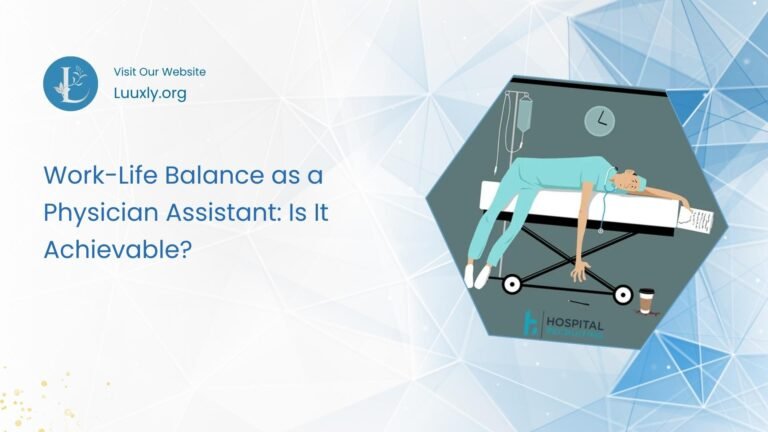Most seniors living independently handle their daily routines just fine. They manage their medications, cook their meals, and keep their homes in order without much trouble. But certain health conditions change the safety equation completely, turning what should be a normal day into a potential emergency situation where every minute counts.
The reality is that some medical conditions create scenarios where being alone becomes genuinely risky. It’s not about capability or independence—it’s about what happens when these conditions cause sudden events that leave someone unable to call for help or even move to reach a phone.
Heart Disease and the Unpredictable Nature of Cardiac Events
Heart conditions top the list for obvious reasons. A heart attack doesn’t always announce itself with dramatic chest pain and a slow collapse. Sometimes it shows up as sudden weakness, confusion, or shortness of breath that makes it nearly impossible to dial a phone or walk to get help.
The problem with heart disease is how fast things can deteriorate. Someone might feel a little off, sit down to rest, and within minutes find themselves too weak to stand or call out. Arrhythmias can cause sudden fainting spells that drop someone to the floor without warning. For seniors managing heart conditions alone, having a Life Assure medical alert system means help is accessible even when reaching a phone isn’t possible anymore.
What makes this particularly concerning is that many cardiac events happen during rest or sleep. Someone might wake up with symptoms but be too disoriented or weak to navigate their home safely in the dark. The window for effective treatment is narrow, and every delay makes recovery harder.
Diabetes and the Silent Danger of Blood Sugar Swings
Diabetes creates two dangerous scenarios for seniors living alone. Hypoglycemia (low blood sugar) can develop quickly, especially if someone takes their medication but doesn’t eat enough or exercises more than usual. The symptoms—confusion, shakiness, difficulty thinking clearly—are exactly the things that make it hard to recognize something’s wrong and get help.
Seniors experiencing low blood sugar might not realize they’re in danger. The confusion itself prevents them from taking action. They might sit down feeling dizzy and simply not have the mental clarity to understand they need to eat something or call for assistance. By the time they recognize the problem, they may have already passed out.
High blood sugar creates different but equally serious risks. Diabetic ketoacidosis can develop over hours or days, causing weakness, confusion, and eventually loss of consciousness. Someone living alone might attribute the early symptoms to other causes and not seek help until they’re too impaired to do so safely.
COPD and Respiratory Emergencies That Escalate Fast
Chronic Obstructive Pulmonary Disease makes breathing progressively harder, but it also creates situations where breathing difficulty can spike suddenly. Respiratory infections, which are more common and dangerous in seniors, can turn a manageable condition into a crisis within hours.
The scary part about COPD emergencies is that struggling to breathe also makes it nearly impossible to talk or call for help. Someone having a severe exacerbation might only be able to focus on trying to get air, with no energy left to reach for a phone or make it to a door to signal for help. Panic sets in, which makes breathing even harder, creating a dangerous cycle.
Stroke Symptoms That Steal the Ability to Ask for Help
Strokes are particularly cruel in how they can rob someone of the very abilities they need to get assistance. Depending on which part of the brain is affected, a person might suddenly lose the ability to speak, move one side of their body, or even understand that something is wrong.
A senior living alone who experiences a stroke might recognize something’s happening but be physically unable to reach their phone. Or they might have the phone right there but have lost the ability to make their hand dial the right numbers. Some stroke victims experience such severe confusion that they don’t even realize they need help, sitting in a chair for hours while brain damage progresses.
The critical treatment window for strokes is extremely short. The medications that can minimize damage only work if given within a few hours of symptom onset. For someone living alone, getting help immediately isn’t just about comfort—it’s about preventing permanent disability.
Parkinson’s Disease and the Freezing Episodes
Parkinson’s creates unique challenges for seniors living independently. The disease causes “freezing” episodes where someone suddenly can’t move their feet, essentially getting stuck in place. This can happen while walking, leaving someone stranded in the middle of a room or hallway, unable to move forward or turn around safely.
These freezing episodes often lead to falls because the person tries to force movement and loses balance. But even without falling, being frozen in place for extended periods creates its own risks—muscle fatigue, anxiety, and the complete inability to reach a phone or get to safety if another emergency occurs simultaneously.
Managing Risk Without Giving Up Independence
Understanding these risks doesn’t mean seniors with these conditions can’t live independently. Plenty do so successfully. The key difference is having systems in place that account for the specific ways these conditions can create emergencies.
That means keeping emergency contact devices within reach at all times, not just in one room. It means wearing alert systems that work even if someone can’t speak or press buttons in the right sequence. It means having neighbors or family who check in regularly and know what warning signs to watch for.
For many seniors, the combination of proper medical management, home safety modifications, and reliable emergency response systems makes independent living completely viable. The goal isn’t to eliminate all risk—that’s impossible—but to ensure that when something does go wrong, help can arrive before a manageable emergency becomes a tragedy.
The hardest part is often getting seniors to acknowledge that their specific health conditions do create additional risks. Nobody wants to admit they might need help, but recognizing reality and planning accordingly is what actually preserves independence for the long term.



